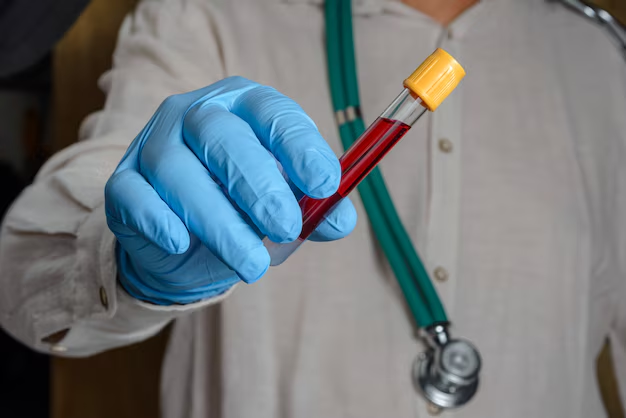How to Become a Phlebotomist in Washington State: Essential Degrees and Certifications
Becoming a phlebotomist in Washington State is a rewarding career choice requiring a blend of specialized education and practical skills. Aspiring phlebotomists should prioritize enrolling in a recognized phlebotomy training program, which often spans several months and includes both classroom instruction and hands-on training. While a college degree is not mandatory, a high school diploma or GED is generally required to enter these programs. Following the completion of training, obtaining certification is crucial, as Washington State mandates phlebotomists to be certified to practice legally. Organizations like the American Society for Clinical Pathology (ASCP) and the National Phlebotomy Association offer well-recognized certification exams. Employers in the state highly value these certifications as they reflect a candidate's commitment to maintaining high standards in patient care and safety.
Below is a detailed list of necessary and recommended credentials for embarking on your phlebotomy career in Washington State:
- 🎓 High School Diploma or GED: Required for enrollment in training programs.
- 🎓 Phlebotomy Training Program Certificate: Recognized training is essential, covering theoretical and practical skills.
- 📜 National Certification: Certification from agencies like the ASCP or NPA is required by law in Washington State.
- 📋 Medical Assistant-Phlebotomist (MA-P) License: Required licensure from the Washington State Department of Health.
- 🎓 Continuing Education: Though optional, further education can enhance career prospects and skills.
By pursuing these comprehensive steps and accreditations, you position yourself as a competitive candidate in the healthcare workforce, exemplifying a commitment to patient welfare and professional excellence.

Related Topics
- Becoming Dental Hygienist
- Becoming A Phlebotomist
- Dental Hygienist Duration
- Dialysis Tech Timeline
- Dialysis Technician Timeline
- Flight Paramedic Duration
- Hygienist Timeline
- Become Lab Tech
- Mammography Tech Timeline
- MRI Technologist Duration
- Nurse Technician Timeline
- Pathologist Assistant Timeline
- Pediatric Sonographer Timeline
- Pharm Tech Timeline
- Pharmacy Technician Timeline